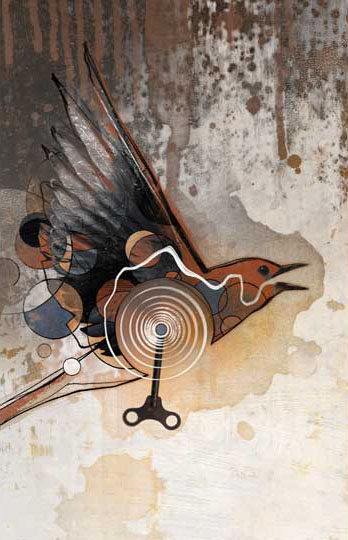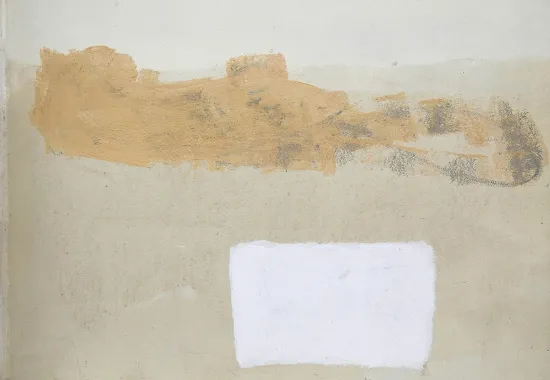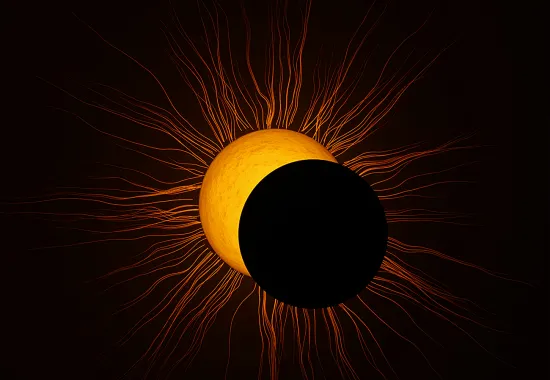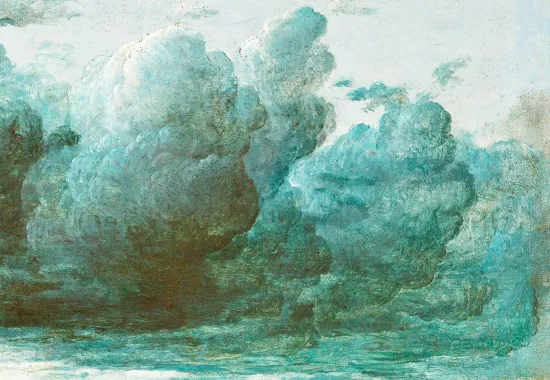Station to Station

Clouds move at the leisure of the wind, whether urgent and gusting or placidly seeming painted upon the sky. Like eagles and falcons, rivers and the wind itself, clouds have provided a permanent and inexhaustible image for freedom. I find it hard not to envy them, yet I would feel unmoored and unnerved by such complete mobility, something like “the unbearable lightness of being” as Milan Kundera characterized it.
“Plaintive Lives” was written at a time soon after my family and I had moved to a new town. We missed living in the familiar city that we loved, in a little house where we always felt at home, and in jobs and schools that challenged and satisfied us. We had departed from one comfortable station, yet had not arrived at the next. We could not settle in, could not get fixed in our new habitat. We had more, but felt we had less. Such feelings, luckily, can change as quickly as the direction of the wind, or the shape of a cloud, but in this poem, the in-between-ness seems like it could last forever.
I have spent a great deal of time, from long before writing my earliest poems, imagining voices, imagining perspectives, and trying to get hold of how my life might appear if I could see it from the outside. I am interested in the role the speaker plays in poems, and all the varied experiences one might incorporate by expanding the canvas of possible voices. I hope that “Plaintive Lives” is about more than cloud watching, and that if the clouds could address us so directly, they would be kinder and less derisive than my poem portrays them. Though if they did feel a bit superior to us in our solid states, planted in our heavy shoes, who could blame them?
"Plaintive Lives" appeared in NAR issue 302.1
Plaintive Lives
Somehow I am still here, taking careful dictation
From the evening clouds, who shape-shift
Suddenly out of sight, always changing their minds,
Always hinting at rain showers and sunsets
That build quickly into luminous shelves of color.
They ask rude questions, like, Why aren’t you
Walking under the radiant street lamps we see
Clicking on, at this very hour, in one of the cities
We skittered across on our journey here?
Why aren’t you sitting at a burnished oak-top bar
Drinking whiskeys neat with clever people
Who wear clothes as lovingly made as Persian rugs?
Or at least wandering some back country lane,
Beasts in the fields living plaintive lives beside you?
The clouds hurt my feelings, mock my life
With no regard for how steadily it moves away.
I suppose they love me, but the clouds never tell me
Things I can use, like how to change, and into what.
Recommended
Mercy
Eclipsing
Psychic Numbing






